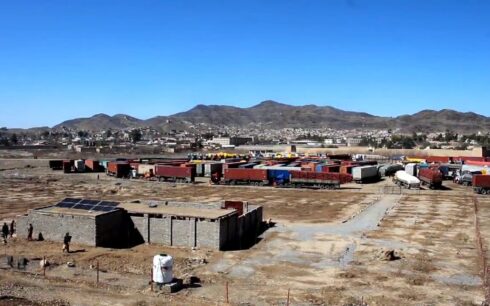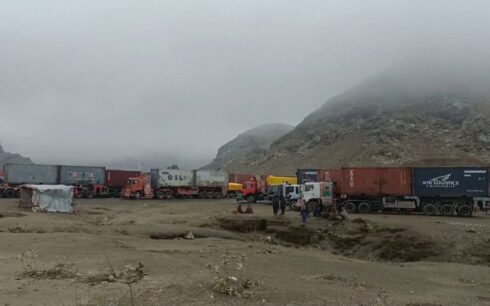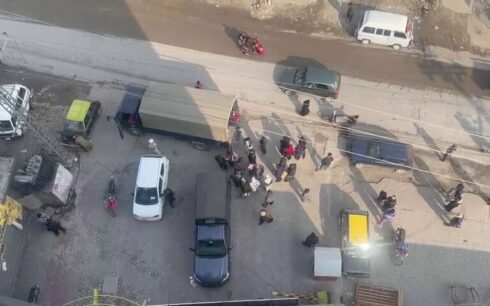The Taliban has announced that its attendance at the upcoming Doha meeting hinges on the United Nations finalizing the meeting’s agenda, which will determine the level of their participation.
Zakir Jalali, a senior Taliban diplomat, stated that while the group agrees with the preliminary agenda—covering issues such as combating drugs, financial and banking matters, and climate change—the final agenda has yet to be confirmed.
Meanwhile, women and girls in Afghanistan are urging the U.N. to ensure that human rights issues are included in the meeting’s agenda.
The U.N.-hosted Doha meeting, set for the end of this month, will bring together envoys from over 25 countries to discuss the situation in Afghanistan. However, the U.N. has not yet announced the final agenda, nor has the Taliban disclosed the composition of its delegation.
On X, Jalali reiterated that the Taliban is awaiting the U.N.’s final decision on the meeting’s agenda. He noted that the Taliban will determine its participation once the agenda is finalized, emphasizing their agreement on the preliminary topics while stating they will not discuss contentious issues at the meeting.
This announcement comes as interactions with Taliban officials have increased ahead of the Doha meeting. Envoys from various countries, including the EU, Qatar, and U.N. officials, have stepped up efforts to encourage the Taliban to participate.
European Union special envoy for Afghanistan, Tomas Niklasson, recently met with Chinese Ambassador Zhao Xing in Kabul to discuss bilateral and multilateral cooperation with Afghanistan. Niklasson also met with Iran’s deputy ambassador in Kabul, Gholam Reza Najari, to discuss the Doha meeting and regional cooperation.
In Afghanistan, women and girls are calling on the U.N. to prioritize human rights issues in the meeting’s agenda.
“We call on the U.N. to include women’s issues in the agenda, particularly for women who are currently unemployed and those who are the breadwinners of their families,” said Jamila, a resident of Kabul. “These women are bearing the burdens of life and are currently jobless, staying at home. Additionally, girls who are unable to attend school and university should be considered. We urge that a serious decision be made regarding our future.”
Zahra, another Kabul resident, echoed these sentiments: “We request the U.N. to first address human rights and the issues concerning girls and women. Our problems are increasing day by day. We are being deprived of education and work. In neighboring countries, girls and women continue to pursue education and work, while we suffer. The U.N. should not merely cater to the demands of the Taliban.”
The Women’s Council of the National Resistance Front issued a statement urging the U.N. to reconsider its decision to invite the Taliban to the Doha meeting and to halt any engagement with them
.“We consider the third Doha meeting, where negotiations with the Taliban are proposed, to be in contrast with human, Islamic, and human rights values and in conflict with the interests of Afghanistan. We boycott it,” the council stated.
“If this meeting does not address the dire human rights situation and the systematic oppression of women and girls in Afghanistan and vulnerable ethnic and religious minorities by the Taliban, it will undoubtedly confirm that this meeting is entirely flawed and, at the same time, a great injustice to the people of Afghanistan, as it is seen as a maneuver to legitimize the self-proclaimed Taliban government in Afghanistan,” said Maryam Maroof Arveen, a women’s rights activist.
The Doha meeting is scheduled to take place on June 30, with the participation of U.N. officials and envoys from various countries.





